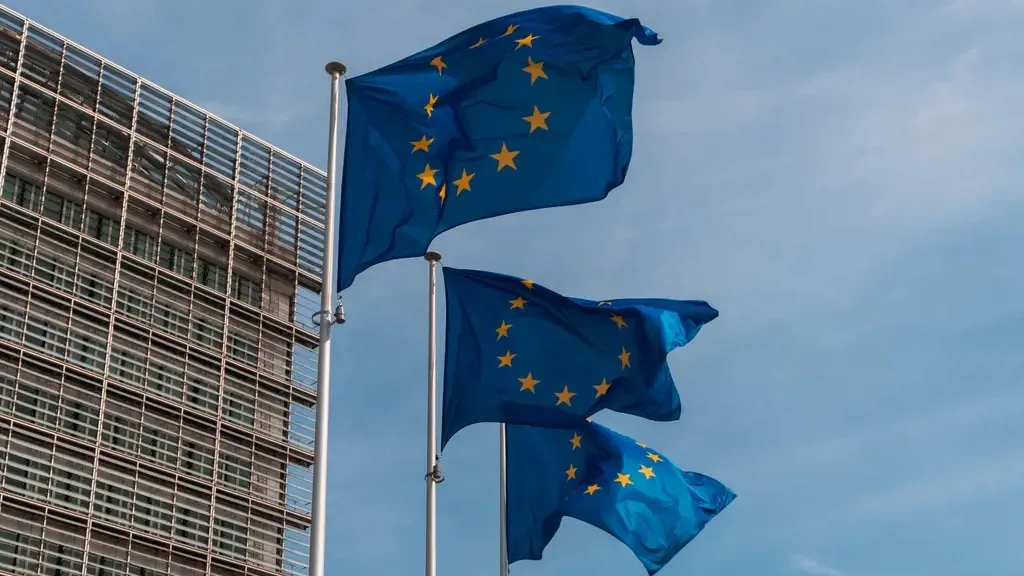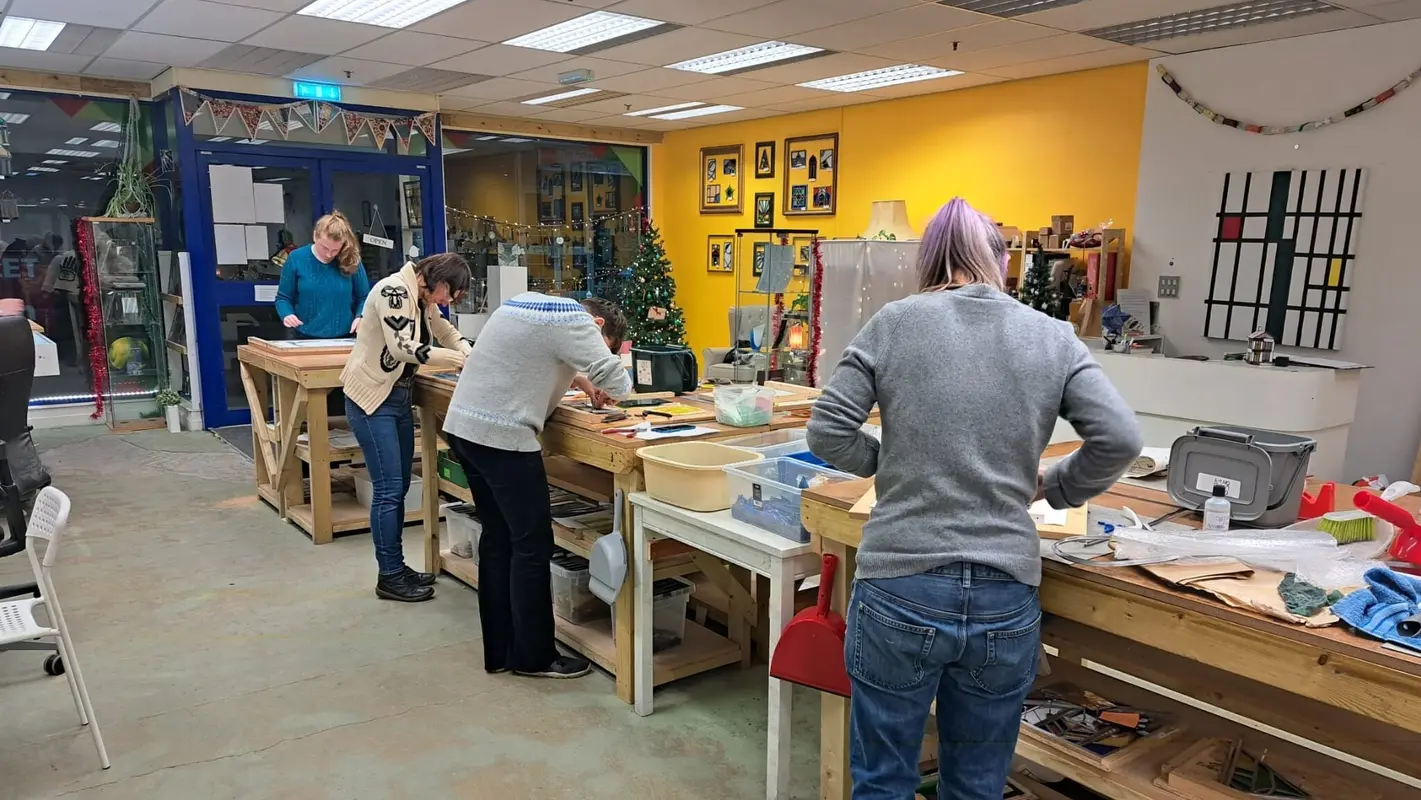Assessing the value of higher education has become a divisive issue, in particular, the use of graduate earnings as a measure of “value for money”. Creative arts-based subjects systematically end up towards the bottom of rankings based on this measure and in the Augar review, and questions have been raised about the level of funding for these degrees for UK Higher Education Institutions (HEIs). However, earnings are a misleading dimension when used alone in assessing the value of education, and the implications of disrupting creative education may have broader and potentially serious ramifications for the creative industries, which is one of the UK’s highest growth sectors.
In this discussion paper, written by PEC researchers at Newcastle University Business School who lead the PEC’s work in international competitiveness, we take the perspective that the education sector is also an internationally competitive and exporting sector. We concentrate on the overlooked issue of the international attractiveness of creative degrees and investigate the enrolment of international students in different creative disciplines and their distribution across the UK regions.
There are several motivations for looking specifically at creative degrees beyond the issue related to their funding. Skill shortages in the creative industries are a risk factor for an exponentially growing sector of the economy. Creative graduates, together with a diverse and cosmopolitan culture, are also linked to higher local growth. Looking at international creative students can therefore have important implications for the UK’s Industrial Strategy and the “levelling-up” agenda pursued by the present UK Government.
The findings presented in this discussion paper represent a starting point for further research. Whilst most commentators agree that international students partly subsidise local students, more in-depth understanding is needed about their importance for the creative subjects offered by UK HEIs. Even small changes in international recruitment could make the creative offer by specific HEIs more financially sustainable and thereby affect the upskilling opportunities for local workers.
Published 21st August 2020
Photo by Jens Tekkeveettil
Related Discussion Papers
Demand for Creativity and AI Skills in the Post-ChatGPT Labour Market
This study examines the evolving relationship between employer demand for creativity and AI skills i…
Regional Trade Agreements, Cultural Provisions and Trade in Cultural Goods
Analysing the impact of Regional Trade Agreements on the bilateral trade of cultural goods from 1999…
International Trade Challenges and the Effectiveness of Support Measures for the UK’s Creative Industries
The formidable challenges confronting the UK’s creative industries in the realm of exports, st…
Northern England’s Creative Industries
The Creative Industries are already a driver of growth across the UK economy. Export-intensive and m…
Creative Destruction? Creative firms, workers and residential gentrification
A new study by Tasos Kitsos, Max Nathan, and Diana Gutierrez-Posada finds only a minor influence of …
Speaking with One Voice
A fundamental remit of the BBC, and other public service broadcasters (PSBs) like ITV and Channel 4,…
Transitioning to Sustainable Production across the UK Theatre Sector
This discussion paper examines transitional pathways to sustainable theatre production in the UK. By…
Identifying and analysing UK fashion micro-clusters
The UK’s Fashion and Textiles industry contributed almost £20 billion to the UK economy in 202…
Net Zero as a catalyst in fashion micro and small enterprises
This report identifies examples of work taking place across three levels of change – social, e…
The Motives of Inbound Foreign Direct Investors in the UK Creative Industries
The UK’s creative industries have a global reach. British arts, technology, and design are internati…
Brexit uncertainty and international trade in services: Evidence from the UK creative industries 2014-2019
This discussion paper is based on one of the first studies to look at the impact of Brexit on the Cr…
Working Together – Cooperatives as a creative industry business model
This authors looks at how creative workers and students typically understand cooperatives, explore t…












